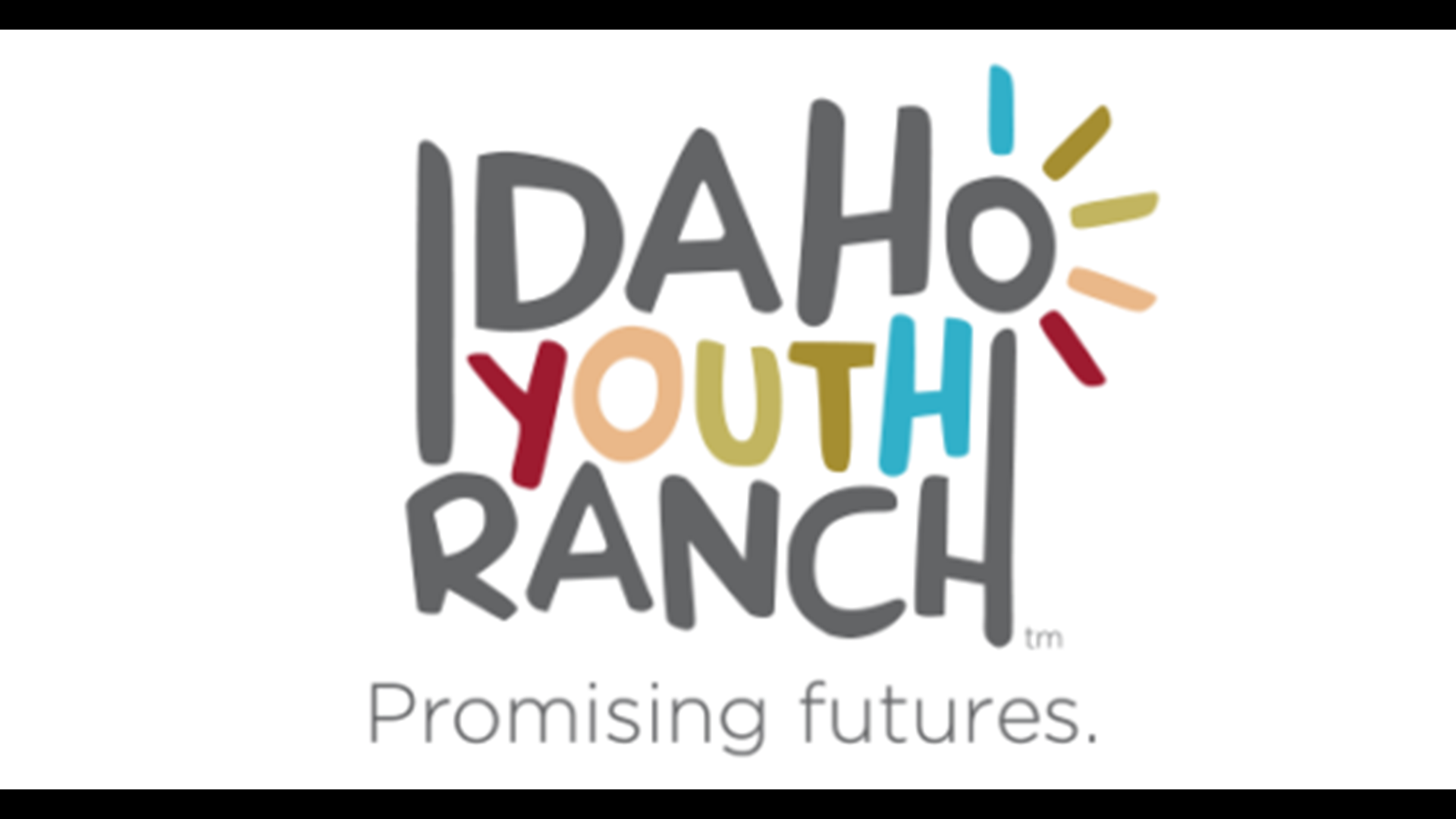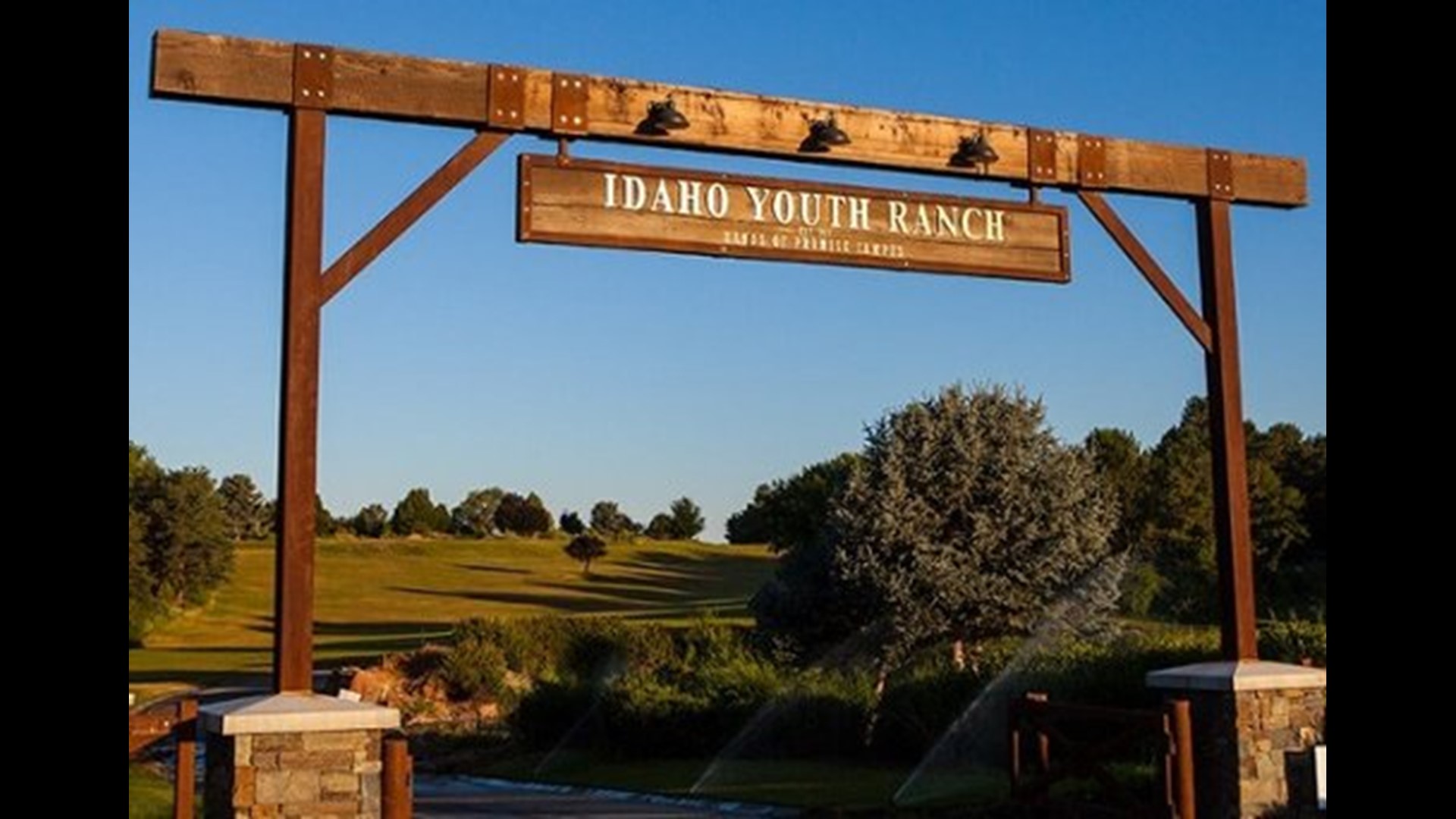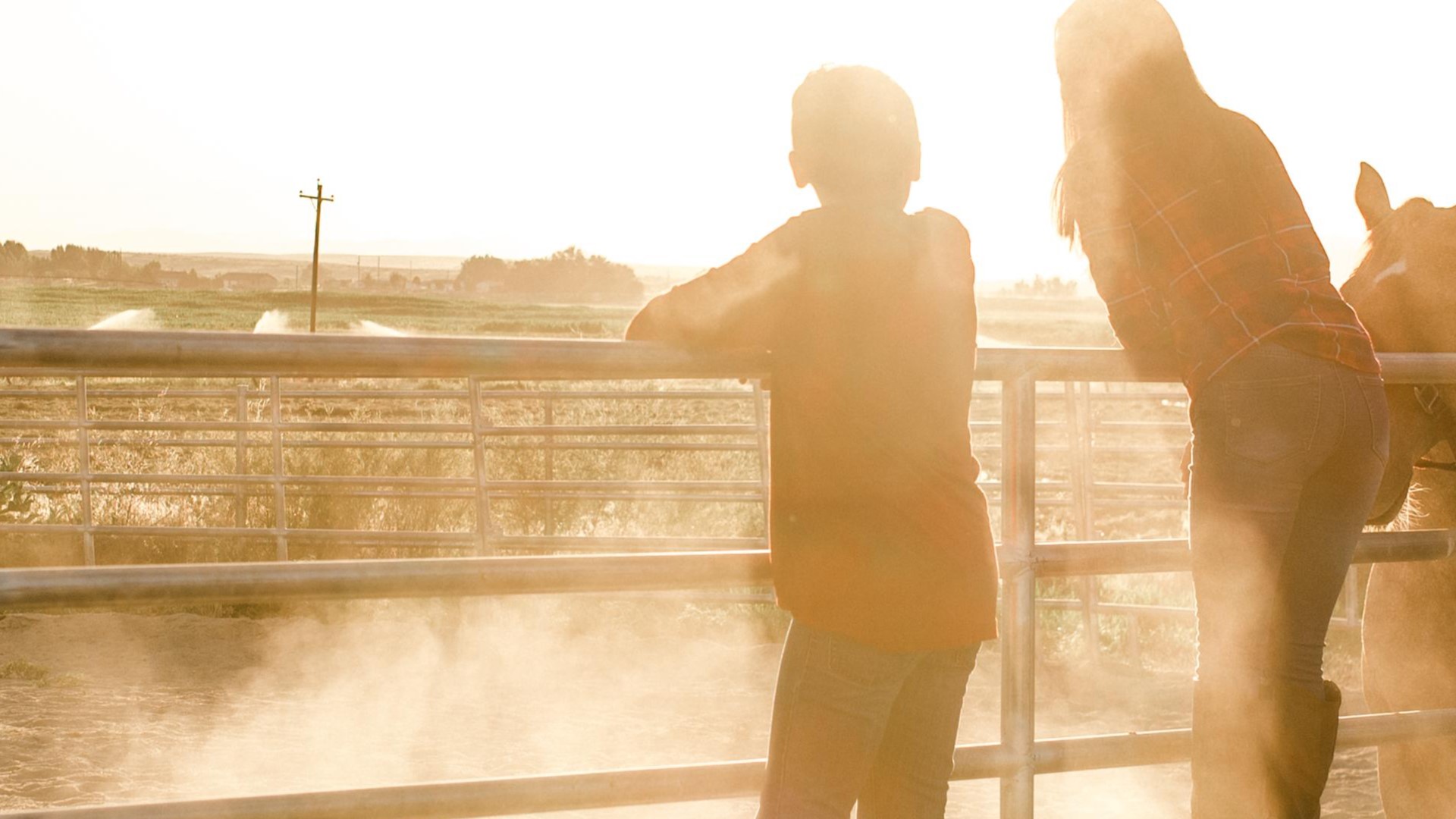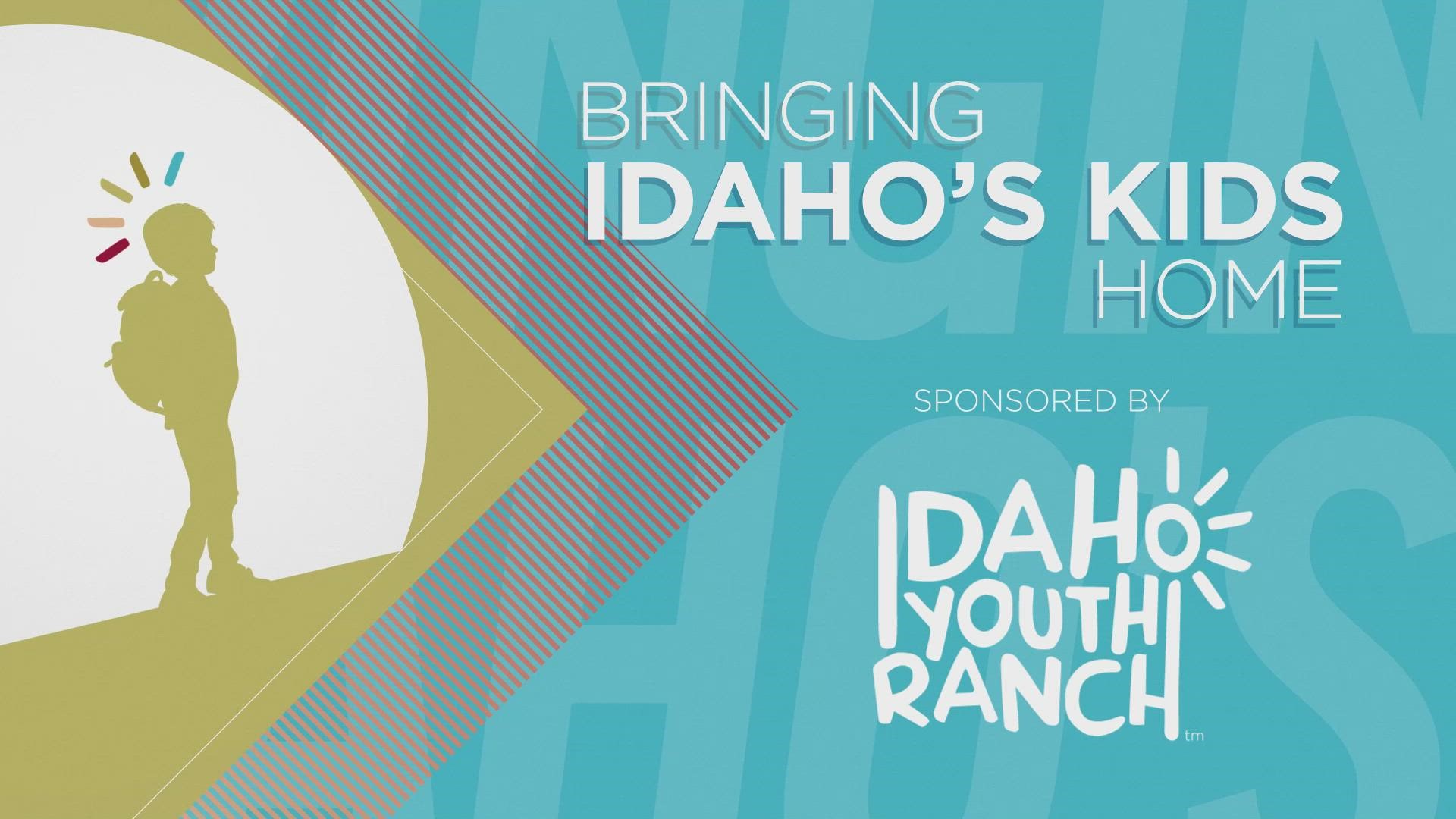Bringing Idaho’s Kids Home: Sponsored by Idaho Youth Ranch
Every year, about 120 Idaho kids on Medicaid are sent out of state for residential care. It's time to bring them home
Idaho Youth Ranch
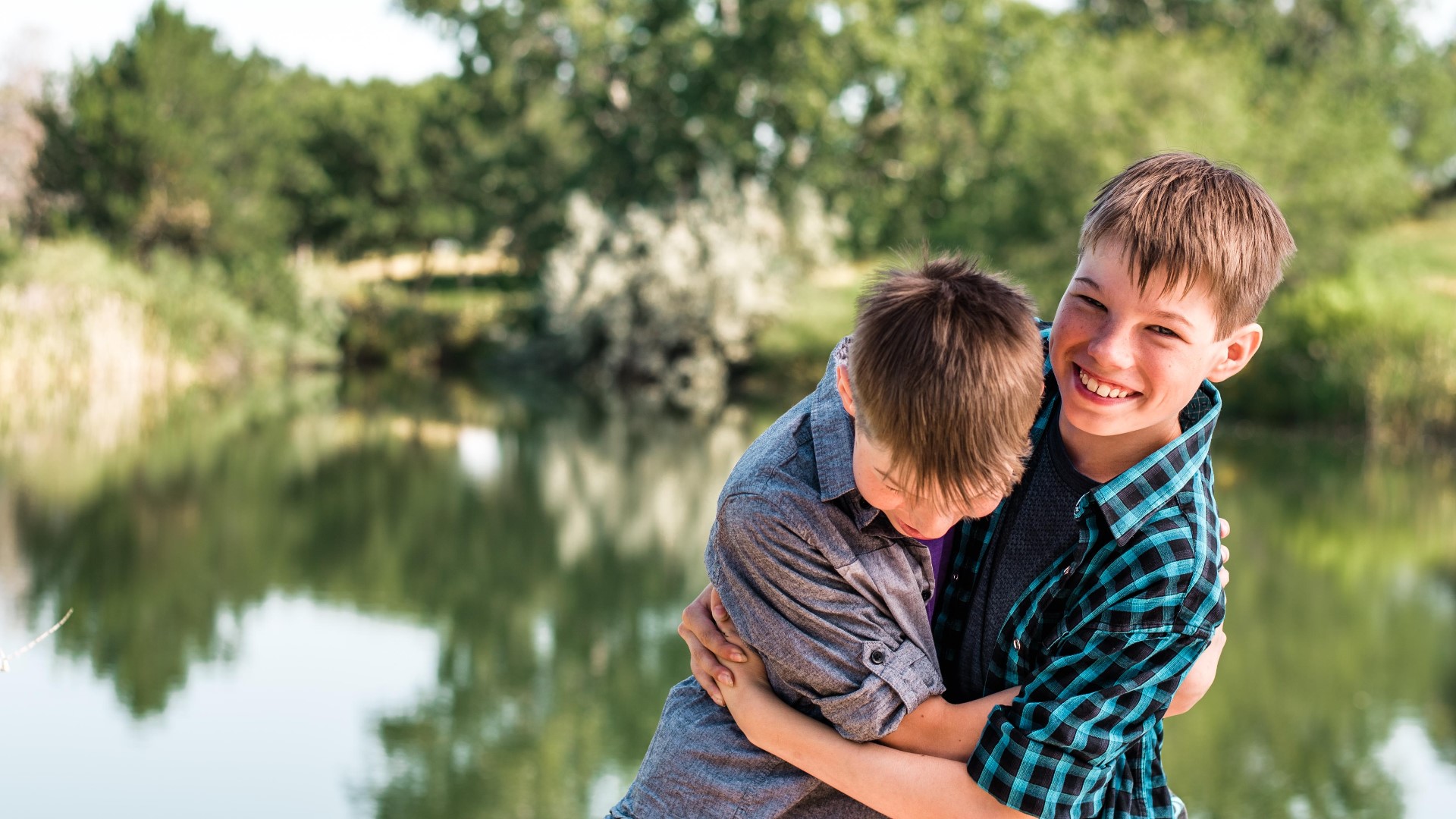
Bringing Idaho's kids home with the Idaho Youth Ranch Jeff Myers with the Idaho Youth Ranch gives us the full picture of what they offer that goes above and beyond their thrift stores
We're all familiar with the Idaho youth ranch thrift stores. But did you know those stores fund crucial, life saving services for Idaho's youth?
Mellisa Paul: I spoke with Jeff Myers of the Idaho youth ranch so we can all look a little further beyond the thrift. Jeff, it is so good to see you. And I cannot wait to talk about the Idaho Youth Ranch. And when you say Idaho Youth Ranch, I think most people think about the thrift stores. But tell us the full picture of the services that the Idaho Youth Ranch provides.
Jeff Myers: We have the most amazing stores, but it is so much more than that. The Idaho Youth Ranch provides counseling services and therapy to kids all over the state both in person, as well as remotely through video through our tele-mental health services. We also provide outpatient care to Idaho's youth through equine assisted psychotherapy, both in the Treasure Valley and North Idaho. And in Boise, a lot of people don't know. But we also operate the only 24/7 shelter for runaway and homeless youth.
Mellisa Paul: Why are the services that you provide so crucial here in Idaho?
Jeff Myers: Yeah, whose kids are hurting right now. And you know, we don't like to talk about that. I think, because we're so proud of our state, we live in a wonderful area. But we're also one of the leading states in negative issues facing our youth including things like abuse, neglect, and household dysfunction. And according to a recent study of high school students in Idaho, one in 10 attempted suicide in the last 12 months. One in five considered suicide. The next time you see a group of kids on the corner, there's five or more students, one in five of those considered suicide and four in 10 felt so depressed, they stopped their usual activities for two or more weeks. Our kids are hurting. And this study was actually pre pandemic. And so while things were exasperated by the pandemic, before it ever happened, these kids were already hurting.
Mellisa Paul: Oh, my goodness, Jeff, that is certainly a wake up call. And I understand to get the services that they need, sometimes these youth need to be sent out of state.
Jeff Myers: For most kids, they can get the help they need through the short term residential or through the outpatient therapy that Idaho Youth Ranch and others provide. But unfortunately for about 120 kids, just those on Medicaid alone, it's not enough for them and they need long term residential. And the answer is there isn't an answer. So those kids are being sent as far away as Florida and Georgia to get the help that they need. And unfortunately, we also know that the long term success for those kids goes down when you can't involve the families in the treatment when you create that additional separation. When you don't have therapist continuity. You just don't get the long term success that we really owe these kids and we need to bring them back home to Idaho to get the help they need.
Mellisa Paul: And Jeff, you're so right it is time to bring Idaho's kids home. So tell us about the groundbreaking of your new building.
Jeff Myers: We are so excited to break ground on the Idaho Youth Ranch Residential Center for healing and resilience. It's time to bring those kids home and in the fall or winter of '22 we'll be opening the new facility and welcoming Idaho's kids back home.
Mellisa Paul: And Jeff, how can people support the Idaho Youth Ranch?
Jeff Myers: youthranch.org and you can give a one time gift or even better sign up for monthly giving. You can give $10 a month or $100, every dollar makes a difference and together we can bring Idaho's kids home and give them the healing and help they need.
DONATE NOW: https://www.youthranch.org/?form=FUNKCPPLDZT
About Idaho Youth Ranch: https://www.youthranch.org/about
Does Your Child Need Help? https://www.youthranch.org/get-help
Ways the pandemic has affected Idaho youth Why fostering relationships at home has been more important than ever during COVID-19
Many of us are returning to activities after the pandemic, but the impact of quarantine on mental health can still be felt, especially in our youth. Luckily, the Idaho Youth Ranch wants to help.
Mellisa Paul: Scott, it's always great to see you. And I really want to talk to you about the mental state of our youth right now, because of the pandemic, we all went through a lot, especially our young people. So where are they at right now, when it comes to mental wellness and coming out of the pandemic?
Scott Curtis: Well, thank you for taking the time to do this, because it's so important. We know anecdotally, that a lot of young people struggled in the in the pandemic, we don't have exact data for Idaho. We know some data from the Health Department in Washington, that they said they saw almost a third increase in the number of youth showing up at the emergency room for mental health crises. So we know this has been a challenging time for youth and families.
Mellisa Paul: On the flip side too, I've also heard there are some youth, though, who actually benefited from being at home during the pandemic, why would that be?
Scott Curtis: There are some kids that benefited, we'd have some research on that. So some young people who may have been struggling externally, or just have really good relationships at home, they got to foster those relationships more. And that's what they needed. And they have thrived in that. I know that our therapists have seen with our tele-mental health services, that some of their clients have actually done better in the safety and comfort of their home.
Mellisa Paul: Wow. Okay, but but we can't ignore the fact that there is definitely still a need out there for the youth and for families in general, as we're trying to get back into a whole other transition, right? So for parents that are really trying to find the proper guidance and help their kids down that path of mental wellness out of the pandemic, what can they do give some resources, give some tips?
Scott Curtis: Well, I think one of the things that they really should do is focus on how their patterns have shifted during the pandemic. And it's time to get these kids active, get them out to get them to participate in activities, they should be very careful about noticing the amount of screen time kids are spending the amount of on phone time, you know, virtual school created that need for a lot. And it's time to shift that back. And the other thing I would just say is decades of research all says the same thing. When kids face challenges, the most protective factor is relationships with caring adults. So whatever parents can do to get their kids engaged in activities that expose them to caring adults, whether that's clubs or sports teams, or camps, or a library program, get them active and get them active with adults that they should be involved with.
Mellisa Paul: That positive outlet and protection outside of the household. And for parents that just have that gut feeling, though, that they may need a little more assistance to help their child with the current situation, and maybe they need professional services, where should they go? What should they do?
Scott Curtis: One thing I would say is we have a guide on our website called Relationships in a Time of Recovery. So parents should look at that and see how am I helping my child with their relationships? But if they sense that their child needs more help, like they really think something is wrong, they shouldn't ignore that. They can go to youthranch.org and use some of our resources, reach out to their medical provider, or whatever their regular mental health provider is on the don't ignore the needs of these kids.
Mellisa Paul: And where can people go so they can learn more about the Idaho youth ranch and all the services that you provide?
Scott Curtis: Our information is all at youthranch.org.
DONATE NOW: https://www.youthranch.org/?form=FUNKCPPLDZT
About Idaho Youth Ranch: https://www.youthranch.org/about
Does Your Child Need Help? https://www.youthranch.org/get-help
Bringing Idaho's Kids Home 30 Minute Special
The Idaho Youth Ranch is committed to providing a safe space for Idaho’s Youth with Safe Spaces, The Hays House, and their newest development, a 64 bed facility to care for Idaho’s youth right here in the Treasure Valley.
Mellisa Paul: Scott and Ruth we are here at a very special location. This is where the new Idaho Youth Ranch Residential Center for Healing and Resilience is being built. So what makes this so special?
Scott Curtis: This is really an incredible place that we're at first of all right near Middleton Idaho 258 acres. One of the things that's most special about it is how much it screams Idaho. There is forest land, there are streams or ponds there's pasture, there's ag land, we really have all of Idaho represented here on this great campus, and we're building something phenomenal. We're building Idaho's residential center for kids. And we're going to serve kids from all over the state. And to do that, we need to build residence halls, a year round school to therapeutic and Wellness Center, a dining hall, and all of the other services that these kids need to be healthy and to build a relationship with caring adults that are so important for kids that are struggling.
Mellisa Paul: And what makes us so incredibly important on top of everything Scott just said is that the unfortunate truth is is that too many of Idaho's families, parents have to make a decision to send their kids hundreds sometimes 1000s of miles away from home to get the help that they need help us understand what what that's like for moms and dads to have to make a decision like that?
Ruth York: Well I can tell you from personal experience, it's excruciating. It's heart wrenching. Because what you're really trying to do is get the best help to heal your child that you can get. And when you're told that that is away from the community that they know your own supports as a family. It's really, really devastating.
Mellisa Paul: I can imagine that's probably just even more stress on top of what they're dealing with.
Ruth York: Absolutely you've got siblings who are affected by this I mean the whole family dynamic. Sometimes parents will literally move, trying to just stay connected to their child but then they're moving siblings and disconnecting them from their community. There's just no easy answer when the only answer is to go out of state,
Mellisa Paul: sounds like a really big difficult domino effect in some ways, and Scott help us understand to where some of the challenges that these youth are facing and how common is it for them to have to be sent away out of state to get the help that they need?
Scott Curtis: Well, the second part is very common for them to need to go out of state. We know we have some data on some of the kids, we don't know how many kids, their parents are actually finding the resources for them or their insurance is covering it. What we know is that the poorest of kids those that are on Medicaid, really don't have options in Idaho. And right now there are over 120 Idaho kids being covered by Idaho Medicaid being treated in states all across the United States. So these kids are struggling with a lot of things by the time they need residential treatment, they've tried other things, their family has tried other things, outpatient therapy, group work and things like that. And they just, they need more help, and they are suffering from things like anxiety and depression and PTSD, we're gonna be able to serve all of that here, we're gonna be able to take a lot of those kids home. So this is going to be a 64 bed facility, focused on meeting those mental health and physical health needs of Idaho's kids
Mellisa Paul: Ruth help us one more time understand what that is going to mean to these families to those parents to be able to keep your kids here at home and get the help.
Ruth York: Well, it's huge number one, it's a message to families. We in Idaho want to take care of you. We see your struggle and we have answers for that. That's a huge message because parents typically get just. So just to feel supported in this tremendous decision to get this level of care for your child is really really important.
Mellisa Paul: And Scott for those watching if they want to be a part of this if they want to help, they want to help build the future here to keep Idaho's kids home bring them home, what do they do?
Scott Curtis: Well they can do a number of things, but one thing that message that Ruth talked about. We want every Idahoan to be a part of it. We've gone public with our campaign, we still have funds we need to raise so every Idahoan every citizen, every business owner, everybody involved with the foundation if they can help support this campaign, we would love it. Also share the information with others tell them what's going on with Idaho's kids and go to bringidahoskidshome.org to find out how you can be.
DONATE NOW: https://www.youthranch.org/?form=FUNKCPPLDZT
About Idaho Youth Ranch: https://www.youthranch.org/about
Does Your Child Need Help? https://www.youthranch.org/get-help

